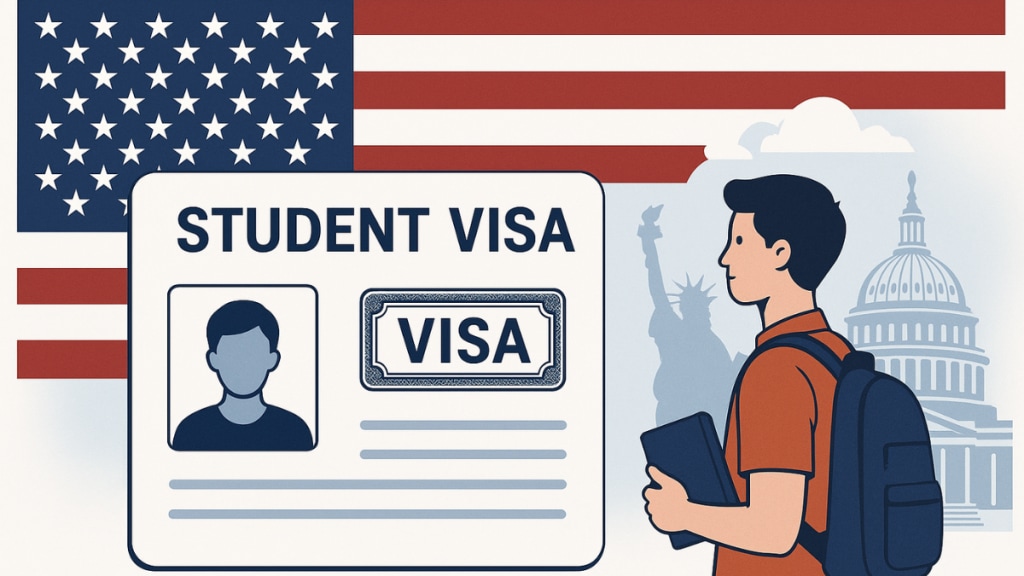US Visa: The US State Department announced this week it will resume processing international student visa applications after a month-long suspension, introducing a significant new requirement.
Which visas will come under the new mandate?
All F, M, and J visa applicants must now make their social media accounts public for review for review. The measure aims to enable consular officers to assess applicants’ online presence for any “hostile attitudes” toward the United States.
Students’ social media under the US scrutiny
More than 400,000 students apply for US visas every year, and from now on, every applicant will be required to set their social media profiles to the public. According to State Department guidelines, consular staff will review profiles for any sign of anti-American sentiment, connections to terrorist organisations, or antisemitic behaviour. The review will cover platforms ranging from Twitter and Facebook to Instagram and TikTok.
“The idea is to assess the applicant’s entire online presence,” said a State Department official. “Limited access or any effort to obscure online activity may be interpreted as an attempt to hide information.” To support this, officers have been instructed to take screenshots and make detailed notes for future review.
The scrutiny goes beyond social media platforms. The new rules also empower consular staff to use services like LexisNexis and other online databases to compile thorough digital profiles of applicants. The move significantly broadens the review process and marks an unprecedented level of surveillance for student visa hopefuls.
Longer visa processing time
The changes have raised concerns about longer processing times and reduced appointment availability. According to internal guidance, consulates must now give priority to students attending institutions where international students comprise less than 15 per cent of enrollment. The new prioritisation, combined with added vetting requirements, is expected to put a strain on consular resources, potentially slowing the application process for many.
Trump vs US varsities
The tightened rules coincide with a period of growing tension between the Trump administration and elite American universities. Amid pro‑Palestinian campus protests, the administration froze $2.65 billion in federal grants to Harvard University. The President has also attempted to impose a cap, limiting international enrollment to 15 per cent of total students, a measure that would affect roughly 200 institutions across the United States.
International students contribute more than $40 billion annually to the US economy and play a pivotal role in sustaining academic institutions. Yet, these new policies have raised fears within the higher education sector that added scrutiny and tighter restrictions could deter applicants and disrupt the flow of global talent to American campuses.
